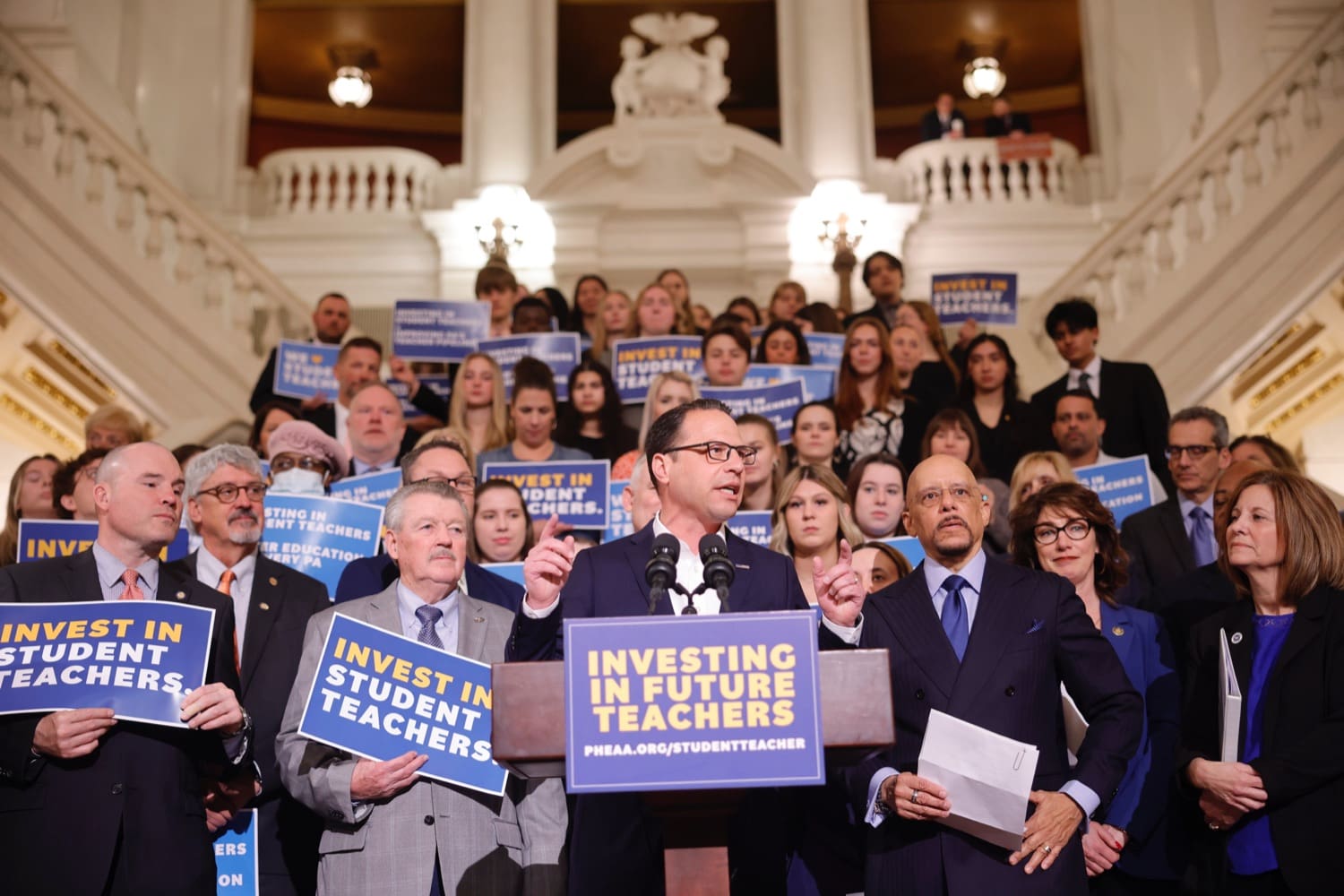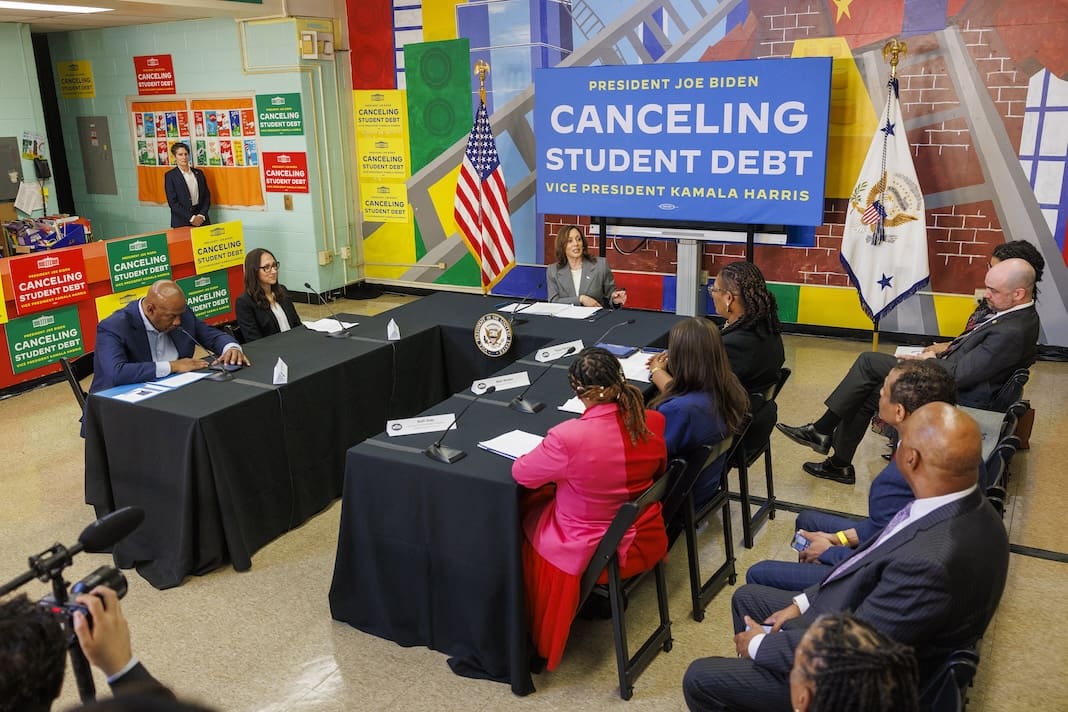As costs rise for families, Republicans in PA legislature pass a budget that benefits big businesses

Jeff Fuentes Gleghorn
As Pennsylvanians struggled to keep up with rising costs, the Republican-led General Assembly worked to pass a budget measure that included over $2 billion in tax cuts to big corporations.
In June, the Assembly passed a new state budget that offers little support to residents, and instead includes a corporate tax cut that will cost the Commonwealth over $2.2 billion in lost revenue over the next eight years. This budget continues a tradition of tax cuts that have failed to bring significant benefits to Pennsylvania families, while costing the state about $4 billion a year. In order to pay for this big business tax cut, the Republican-led General Assembly had to cut back on investments designed to help the average Pennsylvanian.
Republicans rejected Governor Wolf’s budget proposal for a $1.5 billion investment in K-12 education for the next fiscal year. The budget originally passed by the General Assembly only included $850 million in new funding, and even that came with strings attached. Republicans in the Assembly added a 40 percent increase in the Education Improvement Tax Credit program as a condition for the education funding. That tax credit allows businesses to divert taxes away from public schools and into private schools, further shortchanging public schools. The Keystone Research Center pointed out that $850 million is “far less than the accumulated state surplus of over $12 billion would have allowed.”
This is happening just as a months-long lawsuit about public school funding draws to a close. In the lawsuit, parents and school district officials have argued that the current education funding system goes against the State Constitution because some public schools do not have enough money to provide an adequate education to students. For example, Fund Our Schools Pennsylvania found that Millcreek Township School District received nearly $22 million less than it should have based on a bipartisan funding law passed in 2008.
Since March, top Democrats have pushed for more provisions to address the rising costs of gasoline and housing. At a campaign event, Attorney General Shapiro, who is running for governor this November, called for the General Assembly to pass legislation that would permanently end a state tax on cell phone bills, expand a property tax and rent rebate program for seniors, and send residents a $250 gas tax refund for each car they own. Shapiro’s plan would give $317 million back to Pennsylvanians if enacted, which he says would come from the budget surplus, not the rainy day fund. The bill passed by the Republican-led legislature does include $24 million for a tax credit to help families pay for child care costs, but that amount is less than one tenth of just one year of the tax cuts given to big businesses. Senator Nikil Saval, a Democratic Senator representing portions of Philadelphia, fought to include $125 million for whole home repairs, which made it into the final bill. Democratic Rep. Sara Innamorato led the fight to include the funding on the House of Representatives side. The proposal is one of the more significant investments in residents of the Keystone State.
According to a Pennsylvania Budget and Policy Center (PBPC) report, only 20 percent of the jobs created by this tax cut will go to current Pennsylvanians – which highlights the position that the revenue lost under this corporate tax cut would serve Pennsylvanians better if it were invested in local schools and state infrastructure. In an opinion piece published by the Post Gazette, PBPC Director Marc Stier said that the revenue lost by this tax cut could be spent on roads, bridges, education, and job training. Stier argued that “All those measures and others will have a far more dramatic impact on the state’s economy and create more jobs.” As the recent collapse of the Fern Hollow Bridge shows, there is a pressing need to repair the deteriorating bridges and roads that residents drive on to get to work and school.
Reprinted from Northwest Lake Times




